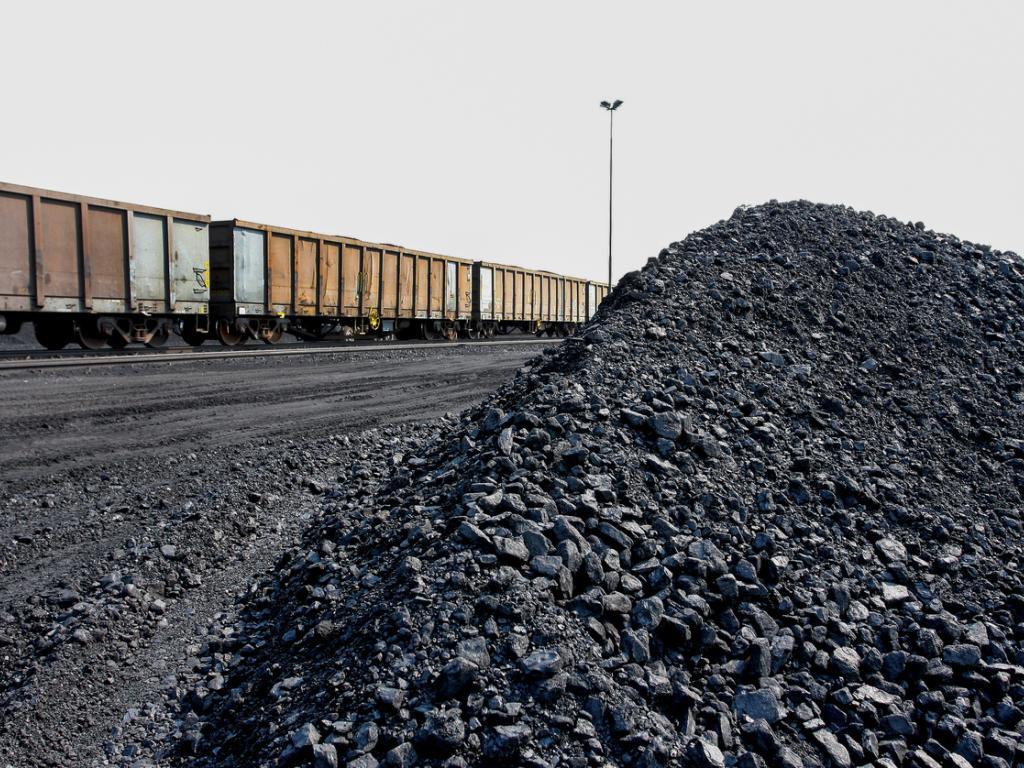Germany closes its last active black coal mine – Will South Africa follow suit?

On Friday, 21 December 2018, Germany marked the end of its 200-year-old black coal mining industry. A ceremony was held at the country’s last operating black coal mine called Prosper-Haniel mine. The mine is situated in Bottrop, an industrial city in west central Germany. The ceremony was held to acknowledge the end of an industry that had laid the foundations for Germany’s industrial revolution and the country’s economic recovery after World War II.
The Ruhr River Valley area, of which the city of Bottrop is a part, was Germany’s economic engine after World War II. However it experienced a steep decline in economic prosperity over the past few decades. During the 1950s, the area accounted for over 600 000 jobs at mines. However, by 2017, that number had plummeted to about 4 500 jobs. Although black coal mining has stopped, Germany still relies on coal-powered plants for a third of its energy. Germany’s decision to cease black coal mining has been applauded as it provides an opportunity to transition to renewable energy, thereby keeping greenhouse emissions down. However, it was not environmental protection, but rather cheaper imports from abroad, that saw black coal mining come to a close in Germany. Domestic coal had already been replaced by imports from Russia, the United States, Australia, Columbia and South Africa. While the mining of black coal is officially over, mines for lignite and brown coal are still operating in Germany.
The plan to phase out black coal mining by 2018 was initiated by German Chancellor, Angela Merkel, in 2007. The billions of Euros allocated to the coal mining industry by the federal government will now be used for mine maintenance and environmental clean-up efforts (including preventing part of the Ruhr River region from slowly sinking, as there are many underground tunnels). Martin Kaiser of Greenpeace Germany states that Germany is now tasked with gradually phasing out the burning of coal in order to bring down emissions. Emission reduction in Gernmany has been stagnating for 10 years. Kaiser suggests that the country invest billions in future technologies that will make it possible wholly to rely on renewable energies for electricity supply.
Following Germany’s decision to stop mining coal, other fossil fuel-reliant countries will face similar pressures to phase out coal mining given the international efforts to curb global warming. In South Africa, coal has been the primary source of energy for decades. During this time, it remained inexpensive, bountiful and provided a secure supply of energy. Experts say that this is no longer the case. Coal is no longer praised as it was in the past, for a variety of reasons. For instance, over the past 20 years, the cost of coal mining has increased by about 300%. This steep increase is attributed to a number of factors, including that the best coal deposits have been mined out. The remaining deposits are difficult to mine, thereby making it more expensive to extract. Experts also attribute the increase costs associated with coal mining to Eskom’s “increasingly complex coal procurement process”. This complex process is characterised by issues like “poor contract management and poor planning.” A study by the University of Cape Town’s Energy Research Centre (UCT ERC) reveals that the high cost of coal-fired electricity means that the closure of mines and power plants is not only probable, but inevitable.[1]
Transitioning from fossil fuels to renewable energy could benefit South Africa’s economy and help to reduce the country’s high carbon emissions. However, given the number of jobs linked to South Africa’s coal industry, government has acknowledged that this move needs to be “a just transition” that “leaves no one behind.”[2]The ECR notes in its report that the transition may be ambitious at the moment, as there has been little in the form of plans, commitments and resources, especially for employment security. One example cited by the lead author of the UCT ECR report is that of the closure of gold mines in the Free State. Those closures were carried out quickly and without planning. As a result, the communities in which the mines operated experienced socio-economic problems from which they never recovered.
Although it will be challenging, it seems possible to transition from fossil fuels to renewable energy in an economically viable, environmentally friendly and socially acceptable way. To be just and inclusive, the plan to transition must include considerations of “which coal-fired plants and mines must be closed and when, who can be redeployed and who retained” as well as the financing of the transition. The transition is already underway as the demand for electricity has fallen drastically in South Africa, partly because Eskom has increased the price of power. Furthermore, coal plants are reaching the end of their design lives and Eskom is required to decommission them. The legally required decommissioning of coal power plants and the rehabilitation of coal mines will give rise to employment opportunities which will be beneficial to economy. Like Germany, South Africa needs to put plans in place to deal with changes in coal powered electricity as a matter of urgency to avoid being ‘caught off guard.’
Written by Shamila Mpinga.
